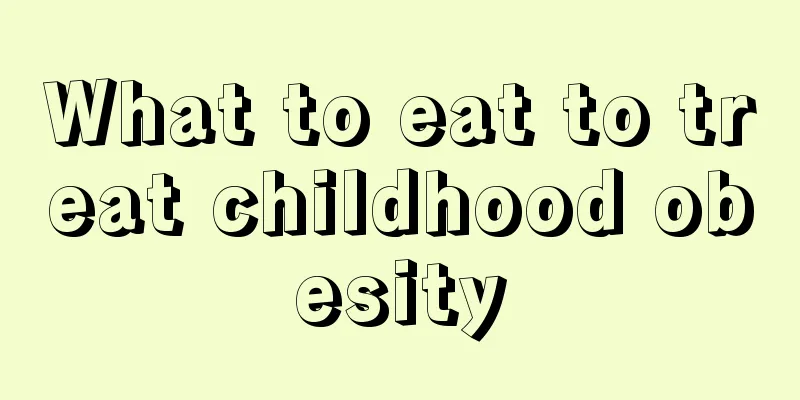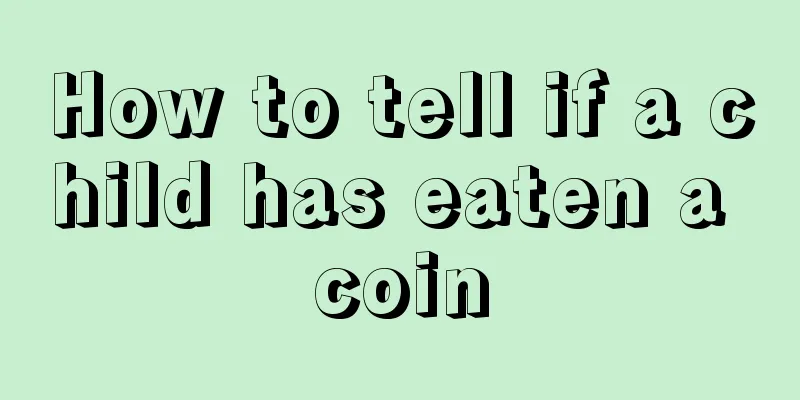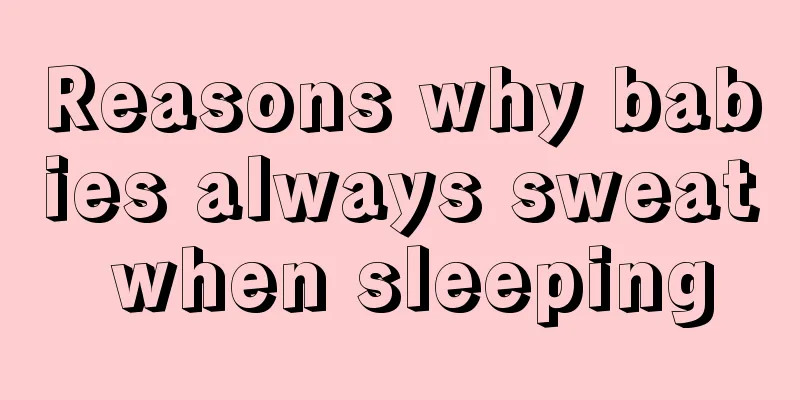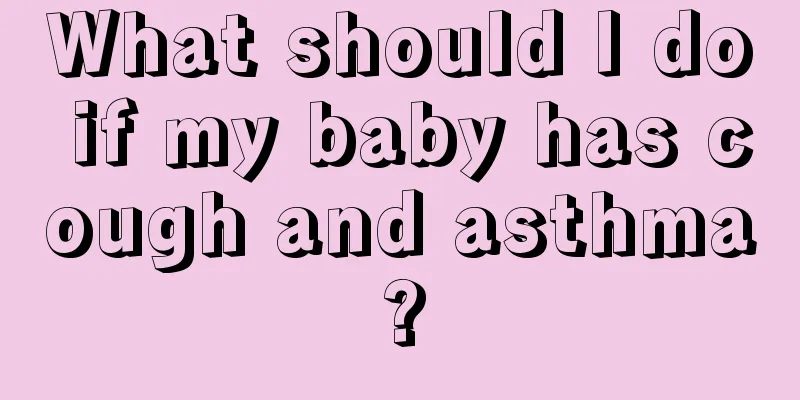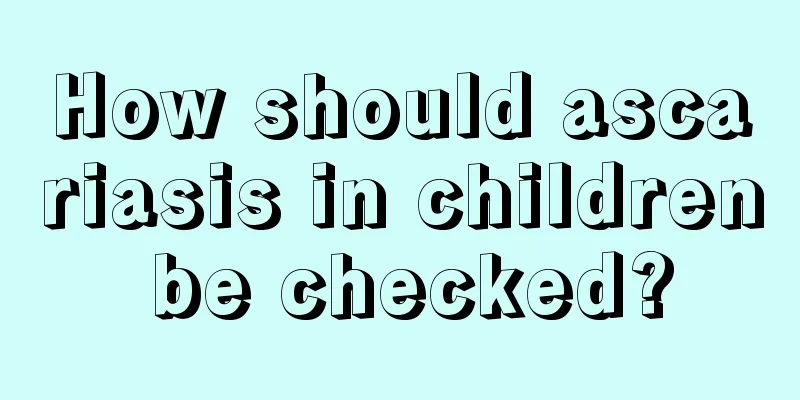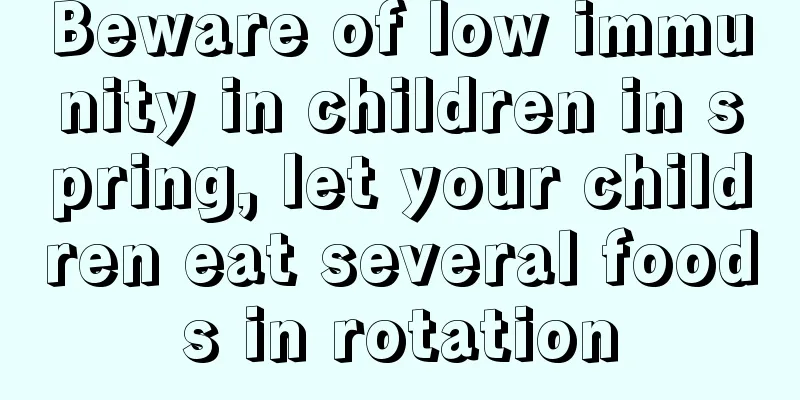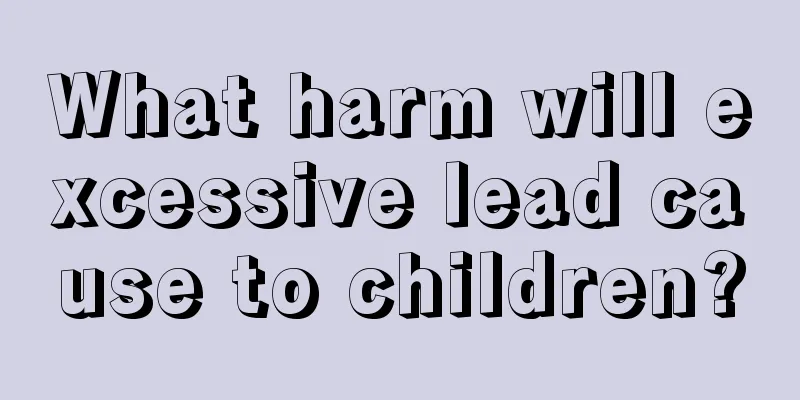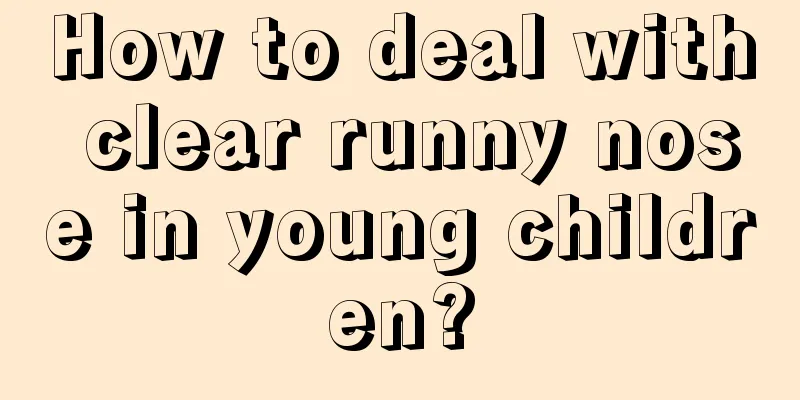How do babies get polio vaccinations?

|
We all know that polio often occurs in children and can have a profound impact on a child's life. We all know that polio vaccination is a way for babies to prevent polio. So what should you know when your baby is getting polio vaccinations? Is there anything special I should pay attention to? Below we will introduce to you the precautions when vaccinating your baby against polio so that you can have a better understanding of it. 1. Sugar pills must be stored at low temperature. If stored at -20℃, the shelf life is 2 years; if stored at 2-10℃, the shelf life is 5 months; if stored at 20-22℃, the shelf life is 10 days; if stored at 30-32℃, it can only be stored for 2 days. If you cannot take the pill for special reasons, be sure to put the pill in the refrigerator, but it is best to swallow it immediately after receiving it. 2. It is best to stop breastfeeding within half an hour after taking the vaccine (you can use milk or other milk substitutes), otherwise the antibodies in the breast milk will neutralize (kill) the vaccine and affect its effectiveness. 3. The first age for taking sugar pills is the 2nd, 3rd, and 4th month after the baby is born (note that the interval between each dose is 1 month). After that, take one more dose at 1.5 to 2 years old (18 to 24 months) and 4 years old. 4. The polio vaccine is in the form of sugar pills or liquids. It is afraid of heat and will become ineffective when exposed to heat. Therefore, do not take the medicine with hot water. When taking the medicine, first crush the sugar pill with a spoon or chopsticks, or dissolve the sugar pill in cold boiled water (do not use hot boiled water) with a spoon and take it. Older children can swallow it directly. 5. Babies who have repeated infections after birth, premature babies, babies weighing less than 5 pounds at birth, formula-fed babies, children who are allergic to milk, etc. should use polio vaccines with caution to avoid accidents. 6. The vaccine is relatively safe and has no serious adverse reactions. Some children may experience fever, nausea, vomiting, diarrhea, etc. within 1 to 2 days after taking the vaccine, and occasionally a rash. They will recover on their own within 2 to 3 days without treatment. Symptomatic treatment can be given to patients with severe symptoms. Polio vaccination is very effective, but mothers should not forget these six precautions. After all, if a child gets polio, it will ruin his or her life. As parents, we must not be careless and we must take it seriously. |
<<: What to do if your child has pigmentation?
>>: What to do if your child loves biting his lower lip
Recommend
Why can't the child speak?
After a child is born, he or she begins a long pr...
How can children improve their memory?
I remember an American scholar who specializes in...
What should parents do if their children have cavities in their baby teeth?
Since children do not brush their teeth properly ...
How to care for children with early pneumonia?
Children are very fragile. If parents are not car...
Can infant meningitis be cured?
Meningitis is a common brain disease. Patients wi...
What is the development standard for a baby at one year and three months old?
In fact, during the development of your baby, the...
What is the reason for the yellow tongue coating of a six-month-old baby?
Six-month-old babies are still developing very qu...
Child's heel hurts when walking
There was a child in his teens who always told hi...
What should I do if my one-year-old baby has nasal mucus?
Many parents complain that there is booger in the...
What to do if your baby has a cough and runny nose
A baby is the future and hope of every parent. Es...
Classification of children's myopia, distinguish true from false and prescribe the right medicine
Children's myopia is different from adult myo...
Baby's stool routine occult blood positive
The baby's physical health is the topic that ...
Can babies fall asleep when they are hungry?
Many new parents are unfamiliar with the care of ...
How to treat developmental delay in children
Developmental delay in children is a common situa...
How to educate a two-year-old baby?
When the baby is about two years old, he or she c...
